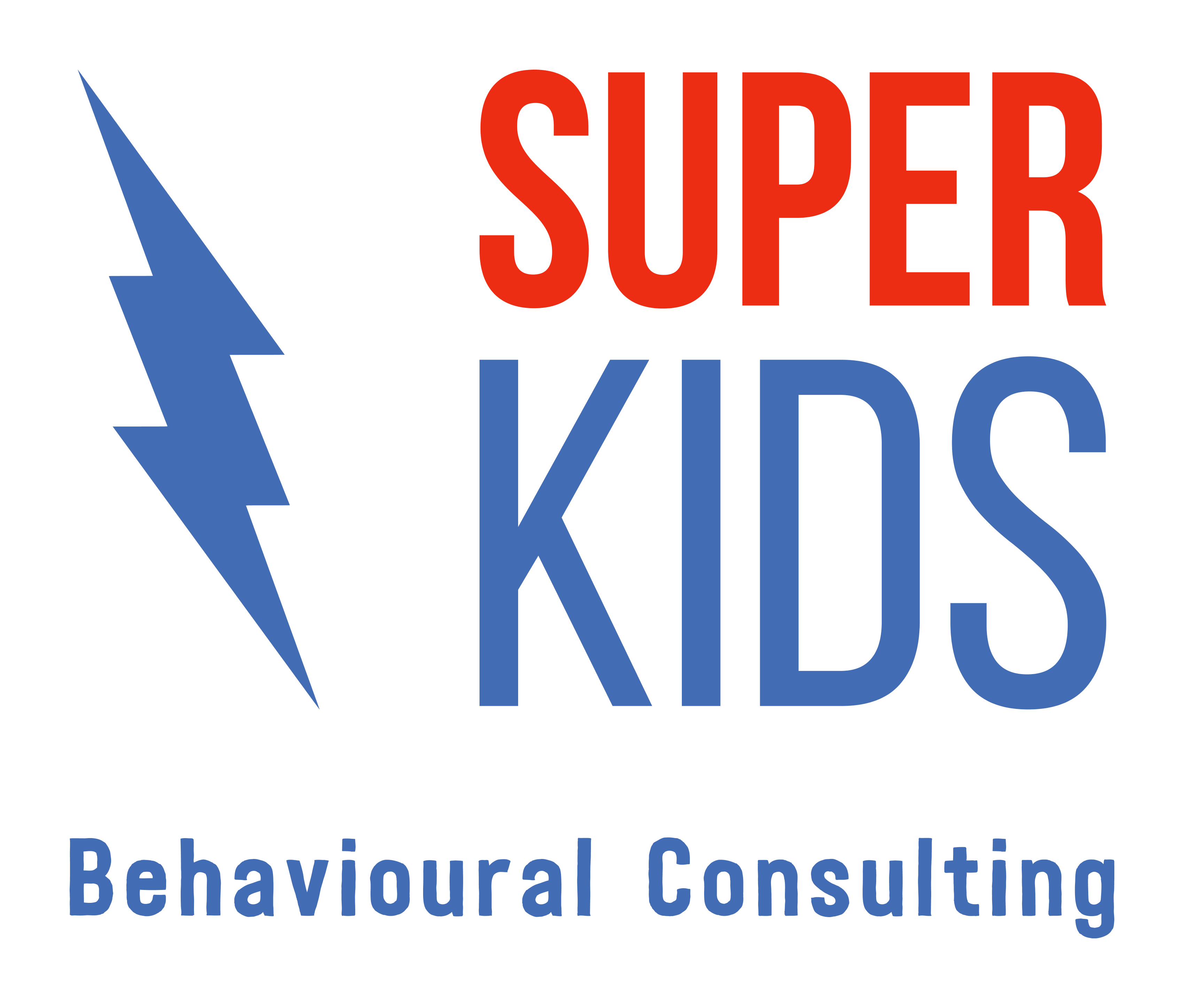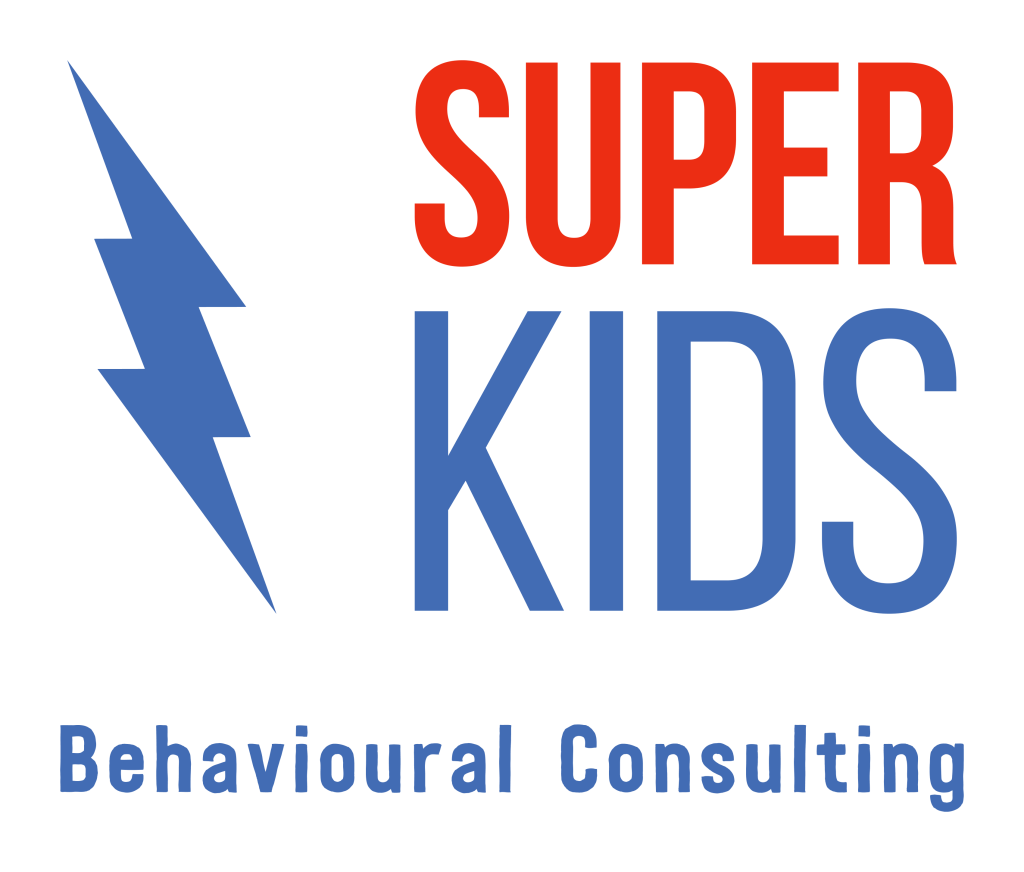The Importance of Early Intervention in Autism

Renee Collins
Clinical Director

Early intervention plays a crucial role in the lives of Autistic children, providing them with the support they need to thrive and reach their full potential. An estimated 1 in 70 Australians are on the Autism spectrum. Autism, a neurodevelopmental disorder, if often identified from behavioural characteristics at 18 months of age onwards. ASD is typically diagnosed in early childhood, usually before the age of three. However, the signs and symptoms may be noticed at different stages of development, such as when the child starts school. By addressing the characteristics of autism early on, professionals and parents can implement targeted interventions that can make a significant difference in a child’s development.
Early Signs of Autism in Infants and Toddlers
Early identification of Autism is crucial for effective early intervention. While every Autistic child is unique, there are some common signs and red flags that parents and professionals can look out for in infants and toddlers. It’s important to remember that these signs may vary in severity and may not be present in every Autistic child. However, recognising these early indicators can help facilitate early diagnosis and intervention.
- Social Communication Difficulties: Infants and toddlers with autism may exhibit a lack of eye contact, limited gestures, and a delayed or absent response to their name being called. They may also have difficulty engaging in reciprocal social interactions, such as sharing smiles or initiating play.
- Language and Communication Delays: Delayed speech or language development is a common red flag for autism. Some children may not babble or use simple words by the age of one, and they may have difficulty maintaining a conversation or understanding nonverbal cues.
- Repetitive Behaviours and Restricted Interests: Children with autism often engage in repetitive behaviours, such as hand-flapping, rocking, or spinning objects. They may also display intense interests in specific topics or objects, becoming fixated on them to the exclusion of other activities.
Early identification of these signs can prompt further evaluation and assessment by qualified professionals. It’s important for parents to trust their instincts and seek professional guidance if they have concerns about their child’s development. To help you prepare for these appointments or if you’re still unsure, you may want to consider reviewing a parent report screening tool.
What is Early Intervention
Early intervention refers to the support and services provided to children with developmental delays or disabilities, including those with autism, during their early years. The goal of early intervention is to identify and address any developmental challenges as early as possible, when the brain is most malleable and responsive to interventions. One of the key benefits of early intervention is that it helps Autistic children acquire essential skills at a crucial stage of their lives and teach them how to learn. Through a combination of therapies, such as Applied Behaviour Analysis (ABA therapy) and speech therapy, children can improve their communication skills, social interactions, and overall cognitive abilities. The team should work together to develop an individualised plan for each child, targeting specific areas of development that require attention. Moreover, early intervention can lead to better long-term outcomes for individuals with autism, including improved academic performance, increased independence, and higher quality of life (Larsson, 2013).
For parents, early intervention programs provide a roadmap for understanding and supporting their child’s unique needs. These programs offer a range of resources, education, and support to empower parents in their journey with their child. By embracing early intervention, families can optimise their child’s development and ensure they have the best possible start in life. It is important to note that parenting does not equal therapy and this is an unreasonable expectation to put on parents. Whilst parents should be included and trained in the principles of ABA it is not reasonable to expect parents to deliver intensive therapy. Parent support is delivered through a Super Kids program (or any high quality ABA program). It is the role of the Behaviour Consultant to manage the performance and training of the parents and behaviour technicians at the centre, at the home, in the community, or at the childcare/school setting and the role of the Behaviour Technicians to assist and provide the intensive therapy and practice.
The Importance of Early Intervention for Autistic Children
Early intervention plays a critical role in the lives of Autistic children. It provides them with the necessary support and tools to thrive and reach their full potential. Research has consistently shown that early intervention can lead to better outcomes for individuals with autism, improving their overall quality of life.
Early intervention also helps Autistic children develop important adaptive skills that are necessary for everyday life. These skills include self-care, problem-solving, and coping strategies. By teaching children these skills early on, they can become more independent and better equipped to navigate the challenges they may face in the future. Early intervention can also have a positive impact on academic performance. By addressing speech and language delays, sensory issues, and other challenges early on, Autistic children can have a smoother transition into school and benefit from a more inclusive education. Early intervention can help children develop the necessary skills to participate actively in the classroom and succeed academically.
Through early intervention programs, parents can gain the knowledge, resources, and support necessary to support their child’s unique needs. With early intervention, children with autism can acquire essential skills, improve their communication and social interactions, and achieve better long-term outcomes. If you’d like to learn more about early intervention that we provide at Super Kids, then please contact us for more information and we can discuss what services may best suit your child.
Super Kids acknowledges each individual’s personal preference to use identity-first or person-first language to describe themselves or their loved one. We interchangeably use both language conventions and therefore refer to both Autistic children and children with Autism.






